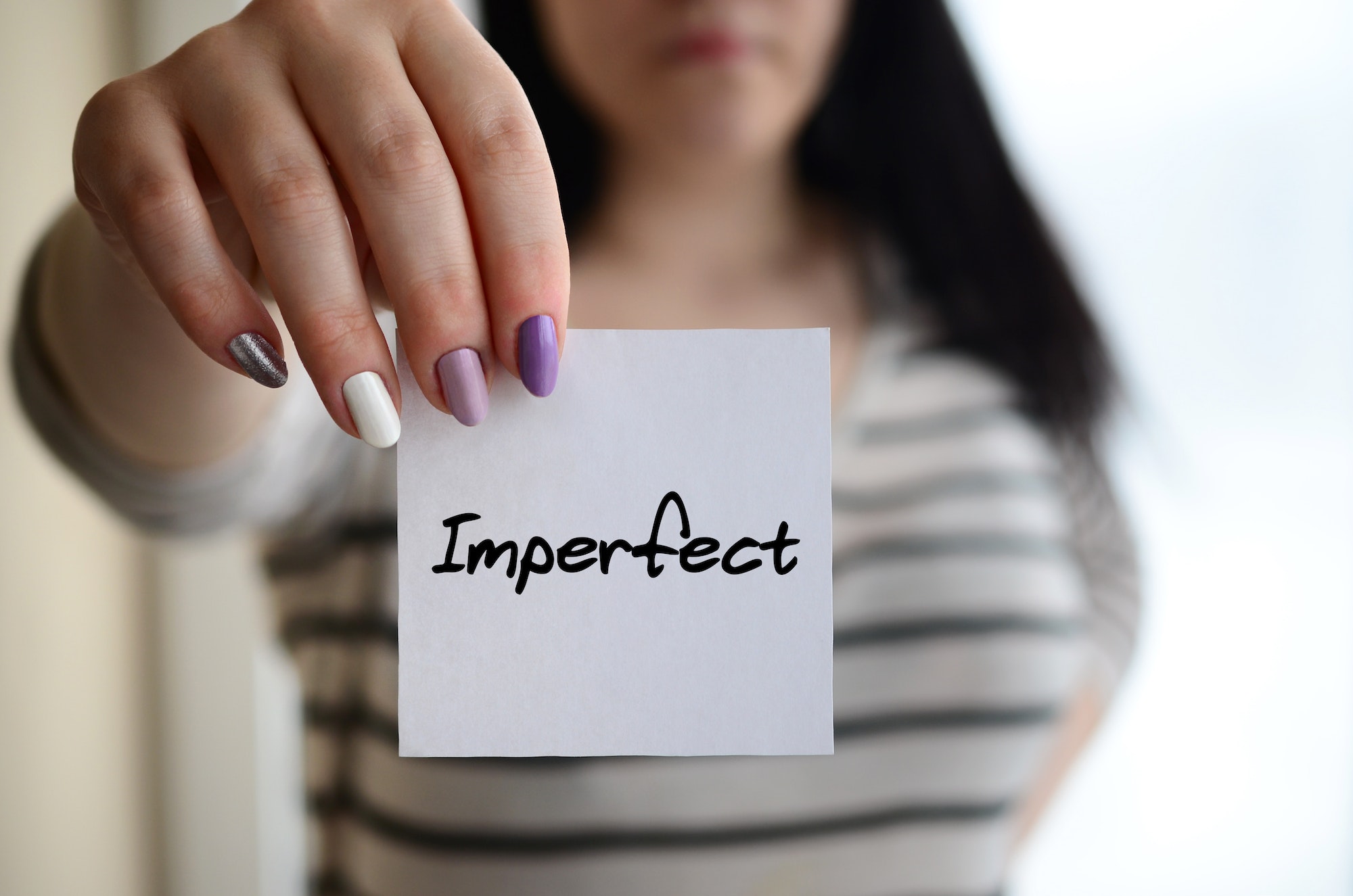
Opinion, Self-Improvement, Society
I make introverts authentic & unstoppable!
Page 1/3

Opinion, Self-Improvement, Society

Opinion, Self-Improvement, Society

Opinion, Self-Improvement, Society

Mental Health, Opinion, Self-Improvement, Spirituality


Mental Health, Opinion, Self-Improvement


Mental Health, Opinion, Self-Improvement


Mental Health, Opinion, Self-Improvement